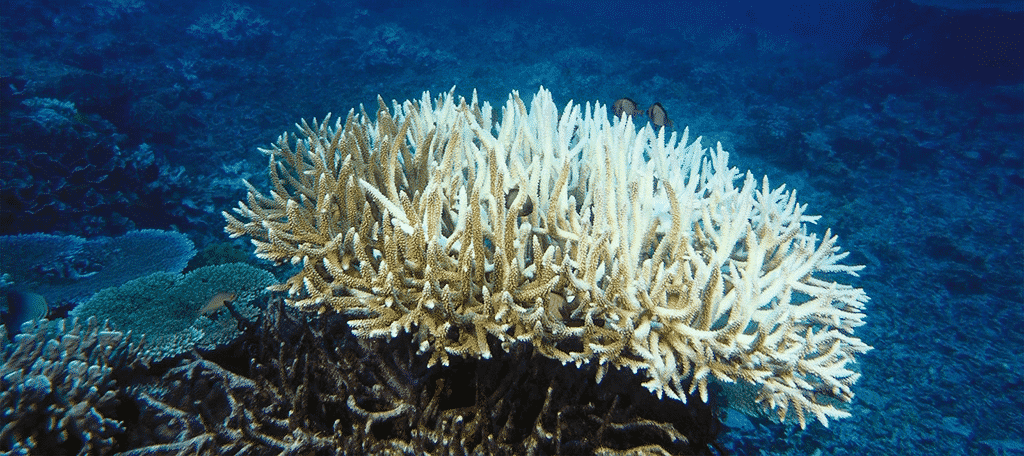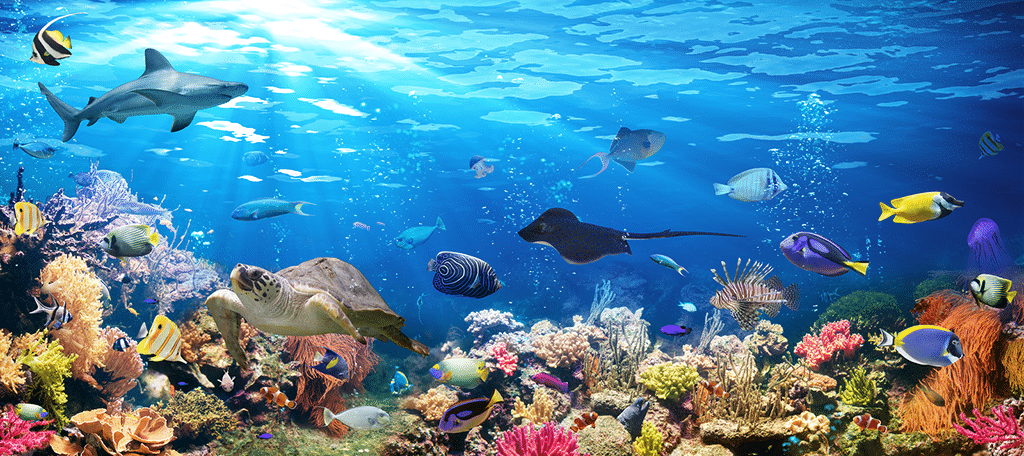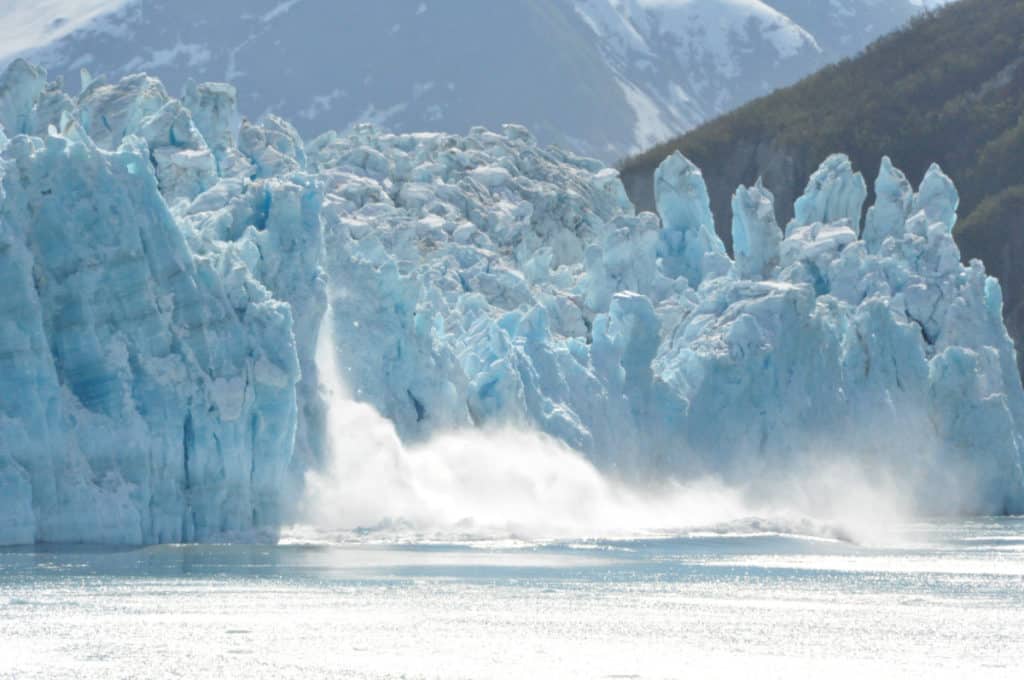
Coral is one of the most sensitive ocean species, especially to climate change. In fact, coral bleaching signals when the environment has drastically changed. This is visible in the underwater life as Coral sheds its color and turns white.
Coral extinction has become almost a certainty and estimates say it can happen as early as 2050. The rising water temperatures make it impossible for coral reefs to survive. And the back-to-back bleaching events are proof of it.
Lasting Damage to Reefs

In both 2016 and 2017, coral bleaching events have occurred. While events have happened in the past to cause bleaching, back-to-back events are not normal. In fact, due to the back-to-back events, irreversible damage has been recorded in the affected reefs.
In recent surveys, reefs have still not recovered and isolated bleaching events are being observed at lower levels. Significant coral bleaching was observed for hard coral. The report indicates 50% of hard coral is experiencing bleaching.
However, not only was bleaching damage observed, but also damage due to tropical weather storms like cyclone Penny.
As climate change continues to raise the water temperatures and other environmental factors continue, coral bleaching will become fairly common, until coral goes extinct.
Where is This Occurring
While this is occurring everywhere where coral is located, the most notable place is the Great Barrier Reef located in Australia. In particular, Australia has been seeing record-breaking heatwaves, which are certainly not helping the situation.
The survey was conducted in the Princess Charlotte sector of the Great Barrier Reef. It surveyed five reefs that were previously looked at in 2017.
Coral Future
The observations made in this survey were saddening, to say the least: widespread bleaching, damage from both past bleachings and tropical storms, and to top it off, low to moderate amounts of young coral. All this survey really says is coral reefs do not have a bright future ahead of them.
Effects of Losing Coral

The biggest question you may have is, what will the impact of losing coral be? Coral is home to many fish species and many of these species can only survive thanks to coral. As you can imagine, the ecosystem of the ocean will change drastically. Many scientists are beginning to theorize that the disappearance of coral reefs will be the spark to trigger a mass extinction event.
Sadly, there is a lot of evidence that supports this. Many fish live in or around coral reefs, which also make them a great hunting ground for larger predators. Their disappearance will cause the smaller fish that live there to migrate or die out. This will make these perfect hunting grounds empty for larger predators. Thus, these predators will move to other areas and disrupt the balance.
It is easy to see why the disappearance of coral reefs will have a serious effect on the ocean ecosystem.
Can Coral Reefs Be Saved
The big question is, can we save coral reefs? The only way to save coral reefs is to reverse climate change to lower the ocean temperatures. However, the change needs to be very quick, which is very unlikely. Governments are very slow to make meaningful changes and by the time they do, it will be too late for coral reefs.
The water is already too warm. Coral bleaching is evidence of this. And sadly, even if this change was made today, there wouldn’t be much coral left by the time ocean temperatures begin lowering. Coral reefs are looking like the next animal to go extinct directly due to climate change.

